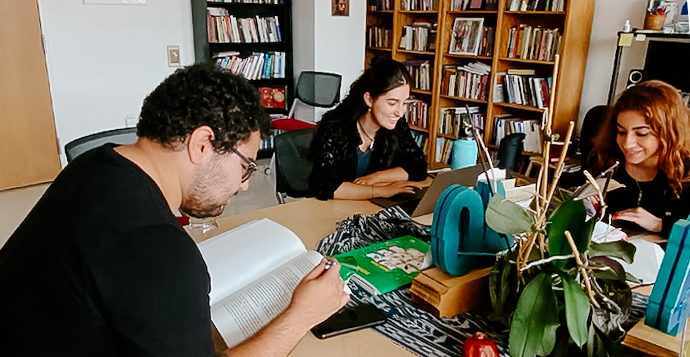Honoring the Legacy of the Center for Iranian Diaspora Studies
After nearly a decade of groundbreaking scholarship, cultural programming, and community engagement, the Center for Iranian Diaspora Studies at San Francisco State University has concluded its programming as of June 30, 2025.
We are proud to transition our website into a legacy archive — a curated space that celebrates the Center’s extraordinary contributions and preserves the work, voices, and stories we’ve shared since our founding.
What You’ll Find in Our Archive:

- A timeline of major milestones and achievements
- Access to research publications, videos, and digital exhibits
- Highlights from public events and collaborative projects
Though the Center’s formal chapter is closing, its spirit endures through the resources preserved here — and through the vibrant community it helped nurture.
